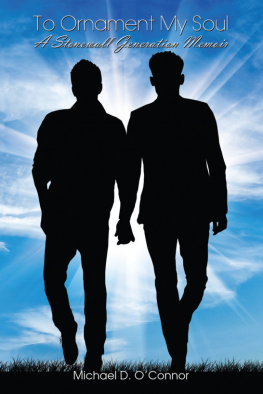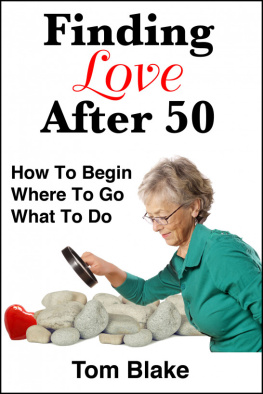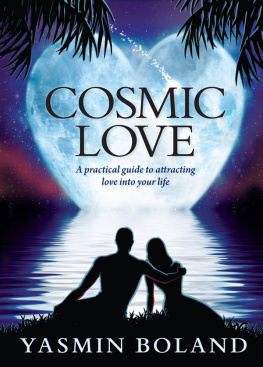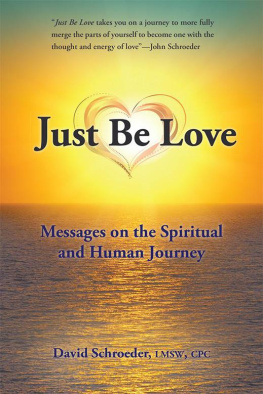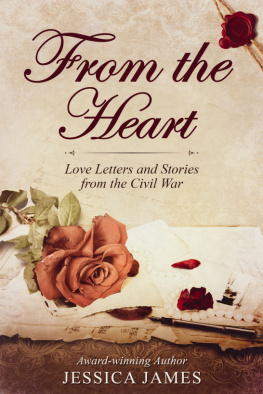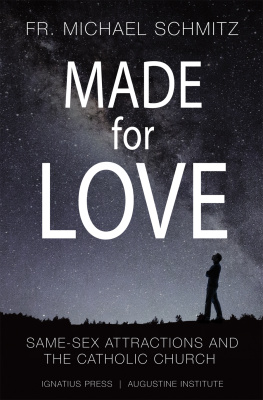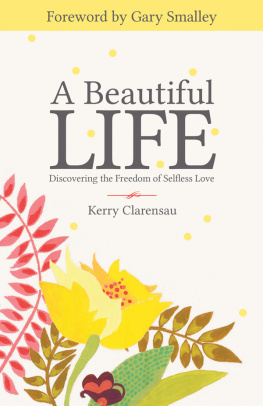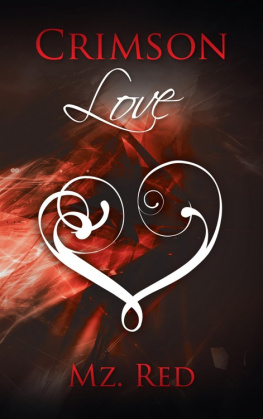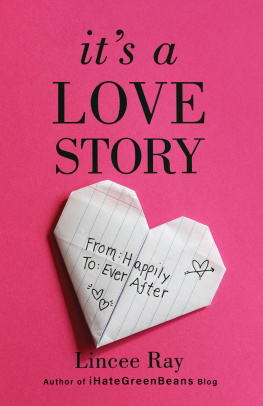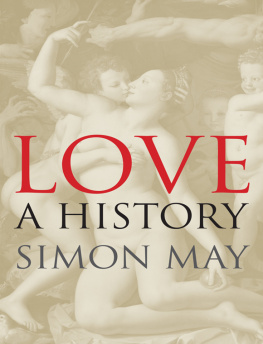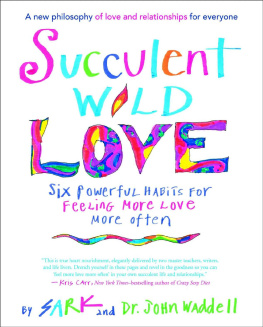To Ornament My Soul
A Stonewall GenerationMemoir
Michael D. O'Connor
Copyright 2019 by Michael D. O'Connor
Smashwords Edition
All rights reserved. No part of this book maybe reproduced in any form, except for the inclusion of briefquotations in a review, without permission in writing from theauthor or publisher.
Library of Congress Control Number:2019909537
Morris Publishing
3212 E. Hwy. 30
Kearney, NE 68847
DEDICATED TO
THE NEXT GENERATION
TABLE OF CONTENTS
THE STONEWALLGENERATION
Let's drink to the old faggots who werethere
and helped make this happen
just by being there.[]
This old faggot was there.
I am a member of a generation of men andwomen who achieved remarkable change, at considerable personalcost. We knowingly walked into a homophobic shit storm of almostuniversal opprobrium, disgust and hate. We endured psychologicaland physical violence. We were damned as morally abhorrent,security risks, mentally ill, and were illegal in 49 states. Then,on one riotous evening in 1969, at a bar in New York City calledthe Stonewall, we made the stupendous decision to love ourselvesand each other for who we really are.
We are the Stonewall Generation.
Tom Brokaw, in his book TheGreatest Generation, the generation of the Depression and ofWorld War Two, wrote that the ...sad reality is that they aredying at an ever faster pace. [] Thank God Brokawrecorded many of their stories before they were lost. Now theStonewall Generation, too, is fast fading into history. Hence, thesense of responsibility in telling my story.
The sacrifices of the Greatest Generationmade our country the freest and most prosperous nation on earth.The sacrifices of the Stonewall Generation deepened the meaning offreedom. Bobby Kennedy wrote that young people of the time...appear to have chosen for their concern the dignity of theindividual human being. []
Even the dignity of gay human beings.
From the vantage point of the 50thanniversary of Stonewall, I look back with the nostalgia of an oldman at what we all accomplished.
My memories just tumble out--like the JoeBrainard's heap of memories in his wonderful book I Remember .
I remember making clover blossom chains.[]
I remember green Easter grass.[]
I remember the sound of the ice cream mancoming. []
I remember locker rooms, and locker roomsmells. []
I remember locker rooms too, Joe. I'll sharethose memories later. But, for now, to jump start this memoir, hereare a few other memories.
I remember Jack Bailey, host of the 50's TVshow Queen for a Day asking his audience,Would you like to be queen for a day? And me joining all thewomen in the audience by loudly replying, yes! And I remember theworried look on my father's face.
I remember one morning shortly after myseventh birthday my father caught me wearing my mother's high heelsand trying on lipstick. I had played with them before and had a lotof fun. When he asked me what I was doing I replied truthfully,playing.
I remember my shock when I saw his facecontort with rage heard his voice cold with fury I never want tosee you do this again! Those words are seared into my memory. Itwas the start of a terrifying confrontation that defined ourrelationship as father and son for life.
So, the boy who wanted to be queen for a daybecame a queen for life. Of course I staggered into the StonewallGeneration in high heels!
Like her friend Lindsay Woolsey oncesuggested to Auntie Mame, a friend once suggested to me ...whydon't you write a book [] It ended up on my todo list for years. When I finally started pounding away at thekeyboard, I churned out hundreds of pages of a jumble of memories.It was god awful stuff. I threw it out. How to proceed?
I found the answer in Jim Stewart's terrificmemoir Folsom Street Blues, about his lifein leather on Folsom back in the 1970's. I lived in leather onFolsom myself during the summer of 1981--more on that later.Stewart's gift for story telling about that memorable period of hislife, gave me the idea to focus on specific people, places anddates that I vividly remembered.
Stewart wrote that those who lived in SanFrancisco in the 1970s, like those who lived through Hemingway's Movable Feast of Paris in the 1920s, felt...that wherever they go for the rest of our lives, that time andplace stay with us. [] Thatis how I feel about this decisive period of my life: 1968-1983, theyears of my Movable Feast , when I was ayoung man in love at the dawn of gay liberation.
I hope this memoir will inspire others of theStonewall Generation to record their stories. The Village People,on their first album, sang a song I always thought of as a stirringgay anthem. It was called Village People and the lyrics implored us all to ...do your part, write a song,the time has come. []
The time has indeed come--we are nowcelebrating the 50th anniversary of Stonewall. Let's make do yourpart the way we observe this momentous occasion. So write a song,a poem, a memoir, or record an oral history. Let us produce--fromthe ground up--the peoples' history of how the Stonewall Generationchanged society.
Dirk Vanden published the early gay classic I Want It All in 1969--the year ofStonewall, and in it voiced the hope:
Maybe we can stop being ashamed of our bodies andthe pleasures
they're capable of feeling....And maybe we can findout what it
really means to lovesomebody.[]
Stonewall began the process of fulfillingVanden's hopes.
Stonewall made us realize that the journey ofdiscovering what love is must begin with ourselves. We realized wemust love ourselves before we can love others. Once we do, thesensual and spiritual journey of our life begins.
My upbringing and catechism class taught methat mine would begin with my Catholicism. To serve the Church, Ientered a seminary in 1966. The seminary experience endeddisastrously two years later. It was a painful way to learn thatspirituality and religion are not the same thing.
To my joy, I encountered authenticspirituality in the classic gay novel, Song ofthe Loon, published three years before Stonewall. In thestory, two men, Cyrus and Ephraim, accept their capacity to loveeach other and know great happiness. In the novel, men who lovedother men wore a carving of a loon around their necks to identifythemselves to others. They followed the Way of the Loon. This isthe spiritual journey of gay men. When I saw the movie version backin 1970 or 1971, it rocked my world. My heart filled with the truththat the ...Way of the Loon is the right way.[]
I have tried to follow the Way of the Loonever since. With mixed results, as you will see.
I had real reservations about writing thismemoir. I thought, well, well, well--aren't YOU important? I wastaught that it was rude to talk about myself, to engage in whatTallulah Bankhead called ...doing a duet with the perpendicularpronoun. [] See what I mean? Iused the perpendicular pronoun five times in this shortparagraph.
But, over time, I realized it might beinteresting for young people to read what it was like, for a gayman to put his life together in that long ago, pre-Stonewall,pre-Internet period. How challenging it was--and how thrilling thejourney has been--because it was a journey towards love. We fell inlove and then told the truth about it over kitchen tables, at theoffice water cooler, just about everywhere. For we knew that,
...in the war against homophobia, a million gaysmarching on Washington
would have less impact than a million gays beinghonest...in their
respective homes and work places and houses ofworship. []
So now, here I am, about to relate some of mypersonal history.
The best definition of the word history--andthe funniest--that I have ever heard was uttered by hottie RussellTovey on stage and screen in Alan Bennett's the History Boys. When asked what history is, hereplies:

